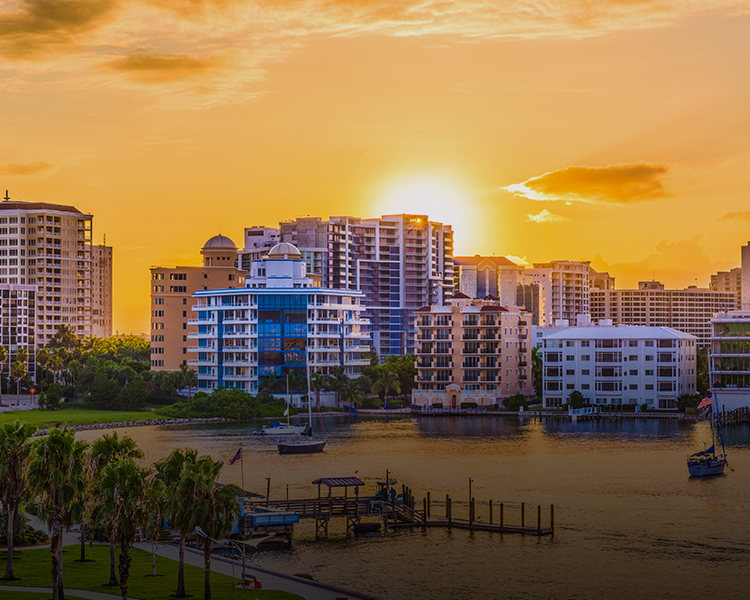New Florida Law may Restrict Public Beach Access
A new law will take effect this summer, and you may want to keep an eye out if you frequent your local beach. In March, Governor Rick Scott signed HB 631, which restricts local governments from creating and enacting legislation that allows public entry into privately owned beaches.
Public access to these private beaches is typically known as “customary use”, which has allowed beachgoers to use any part of the beach below the high-water line. While property owners control the part of the sand that will not be covered by high tide, the public is free to use the lower part of the beach. There has been an ongoing battle in recent years between property owners and public beachgoers, with some Florida counties banning property owners from imposing physical boundaries on the beach. However, the new law will not allow any more legislation of this kind, enacted after January 1, 2016.
Those who take issue with the new legislation say it unfairly restricts the powers of local governments. If there is a public access issue, local governments will be forced to sue private property owners. The public will not longer be guaranteed access to beaches they have frequented for years. However, state legislators have spoken out to assure the public that nothing will change. State Rep. Cord Byrd stated that, “the wet sand in between the water and the dunes is [still] public property, and beachgoers have a right to access it.” The Florida Supreme Court has stated that if property owners attempt to impose boundaries or restrict access to beachgoers, the local government can cite the doctrine of “customary use”, but only if public access has been “ancient, reasonable, without interruption, and free from dispute.” In other words, if the public has been using the beach for years, without issues, their right to use the beach will fall under “customary use”.
In total, private property owners take up 60% of Florida’s coasts. If they decide to restrict access to the beach in front of their property, local governments must file a lawsuit in order to change that. This puts an enormous amount of financial strain on counties that just want to guarantee public beach access.
When the new legislation goes into effect this summer, beachgoers are not likely to notice any changes. However, the possibility that private property owners will restrict beach access still exists. A petition has circulated around the Internet, gathering more than 25,000 signatures in support of repealing the new law. Florida natives and tourists alike have signed the petition, wary that they may lose their beloved beaches. Beachgoers will have to wait until July 1st, when the law goes into effect, to see if they run into any problems on the sand.
Call Pallegar Law, P.A. For Legal Representation
If you have been arrested or charged with a criminal offense, seek out an experienced and aggressive Tampa criminal defense attorney at Pallegar Law, P.A. today. Call 813-444-3912 for a free consultation.













